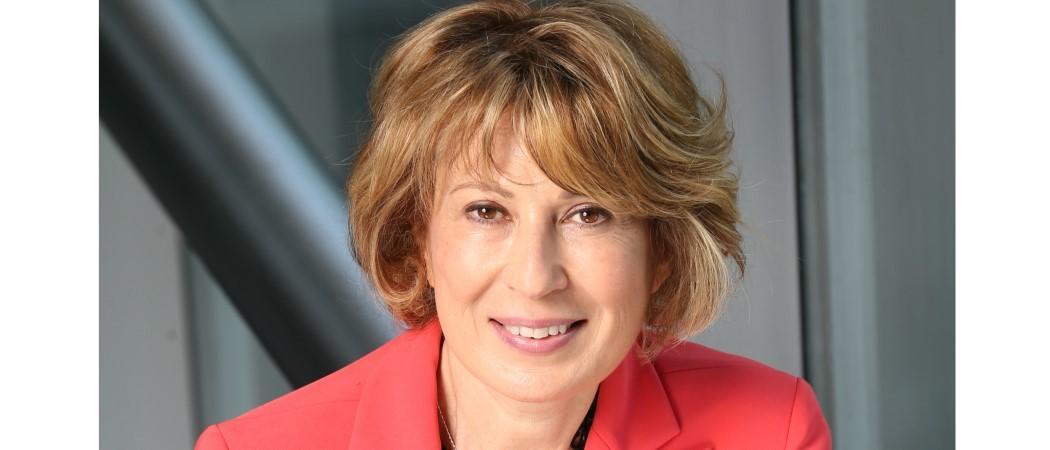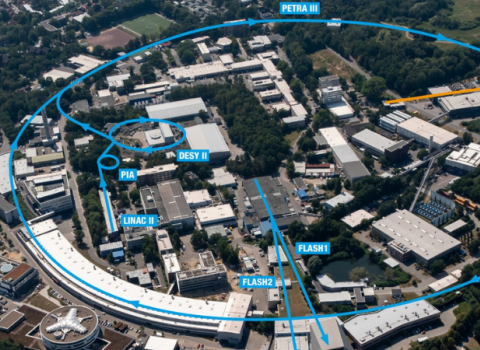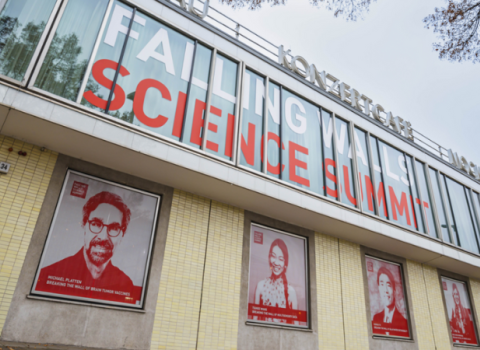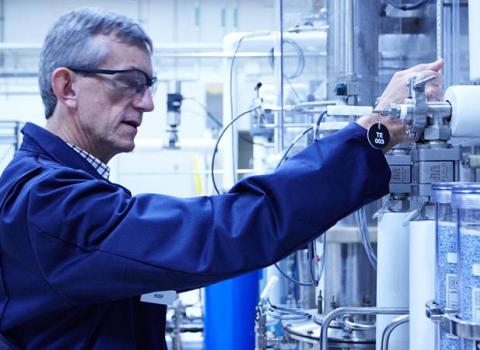Mona Nemer explains her current priorities, changes in science diplomacy, and filling scientific gaps when other countries pull out

Mona Nemer, Canada's chief science advisor.
Science|Business - Table.Media partnershipScience|Business has partnered with Table.Media, a leading source of news about higher education and research in Germany. Each week, we are publishing one of each other’s stories to give readers an even broader range of insight into R&D policy across Europe. |
Why is it important for Canada to have a chief science advisor?
The position is an independent bridge between science and policy, and between science and the public. The pandemic demonstrated how crucial it is to communicate evidence in an unbiased way, while ensuring it informs decision-making. Internationally, the role allows Canada to maintain a scientific presence even during domestic political transitions when ministers may be absent from global forums.
From your perspective, what are Europe’s strengths, and why should Germany have a chief science advisor?
Europe, and Germany in particular, has outstanding scientists, institutions and innovation systems. The support for research in Germany is enviable, and the path from lab to market is historically strong. But advice to government is fragmented; during the pandemic, countries without a science advisor were absent from critical international coordination calls. A national science advisor integrates advice from diverse stakeholders into coherent, impartial recommendations for the government, not on behalf of a single institution, but for the benefit of the country.
What are the main issues you are currently dealing with as Canada’s chief science advisor?
Canada’s new government has put science at the centre of its policy agenda. That means supporting AI and quantum research ambitions, ensuring that international collaborations remain open and based on integrity, and finding ways to channel military research and development into civilian applications. There is also a lot of behind-the-scenes work: creating secure communication and data-sharing systems that protect both scientific openness and national security.
What has changed in science diplomacy since you took office in 2017?
There is greater recognition of science as a driver in addressing global challenges, from oceans and climate to pandemic preparedness. Large research infrastructures have become too expensive for single nations to build, leading to more shared access and shared costs. At the same time, geopolitics have shifted, making research security a standing priority. A key change is the growing contribution of emerging economies such as Brazil, India, and South Africa. Science diplomacy is no longer just about north–south capacity building; it’s about genuine co-creation across the globe.
How should governments respond to these changes?
They need to sustain their participation in international science-based organisations, keep data flowing across borders, and resist the temptation to equate resilience with isolationism. No country can produce all the medicines, technology or research results it needs alone. The most effective diplomacy is conducted with the involvement of politically neutral science actors – advisors, advisory offices and networks – whose relationships persist beyond election cycles.
Would more regional science advisory networks help?
Yes, especially for issues that are regional by nature, such as the Great Lakes shared by Canada and the US. Europe’s Group of Chief Scientific Advisors is a good model, and Africa is also developing similar mechanisms. The critical factor is political independence; advisory bodies must be shielded from political pressure.
Germany plans to recruit foreign scientists through a “thousand minds” programme. What is your view?
Scientific mobility benefits global research, and hosting displaced scientists can be a service to humanity. But there’s a balance to strike: weakening a country’s scientific system can have long-term consequences. If major science nations reduce their international commitments, others will need to step in to prevent damaging gaps in global knowledge and capability.
Is there international dialogue on this challenge?
Not systematically at the ministerial level, but conversations happen case by case, often within specific research fields. In Canada’s collaboration with the US, for example, maintaining shared climate, health surveillance and clinical trial networks is crucial. If activities are reduced in one country, partners must compensate to protect the integrity of the work, and the ethical commitments to people involved in research.






 A unique international forum for public research organisations and companies to connect their external engagement with strategic interests around their R&D system.
A unique international forum for public research organisations and companies to connect their external engagement with strategic interests around their R&D system.